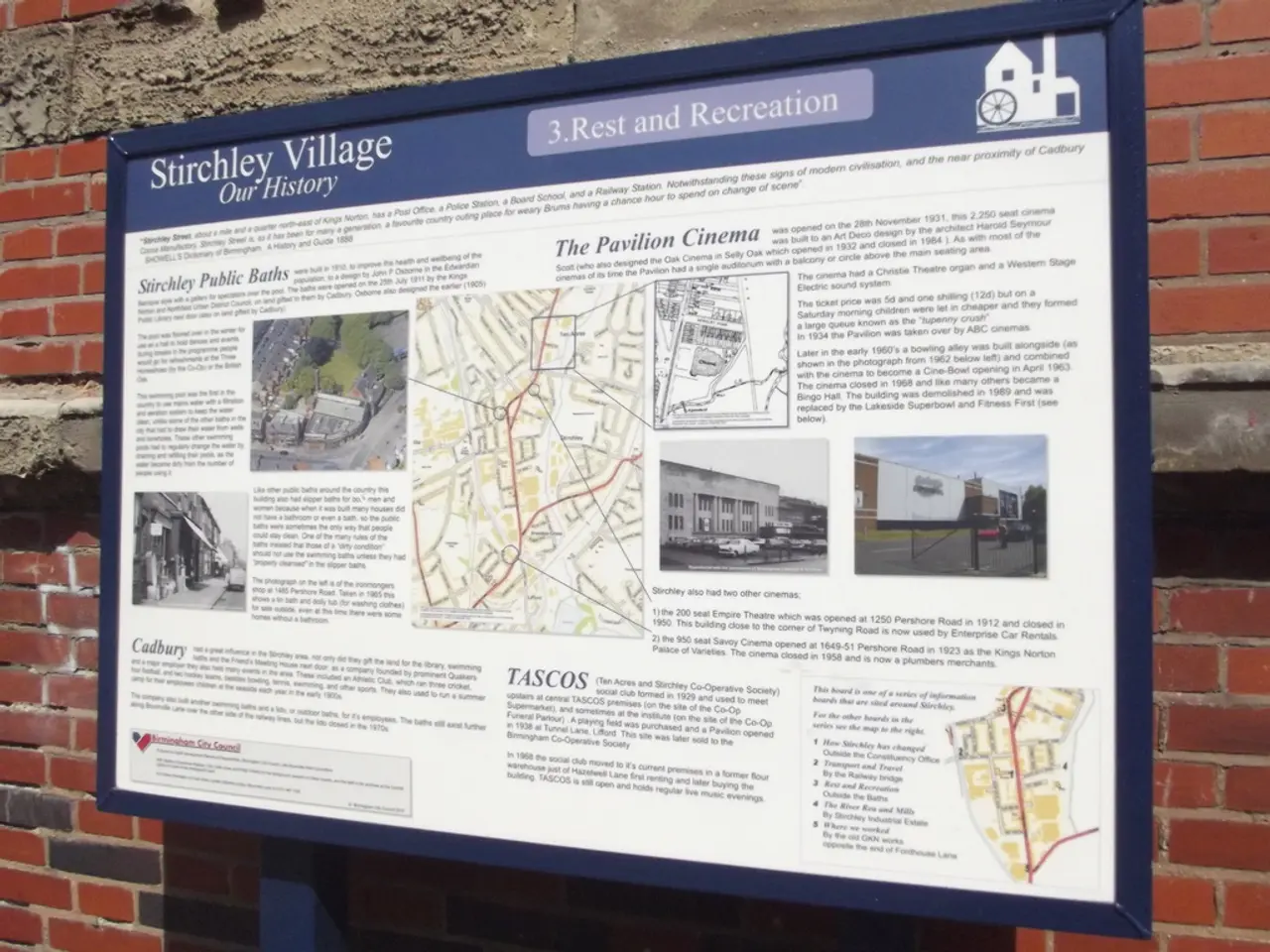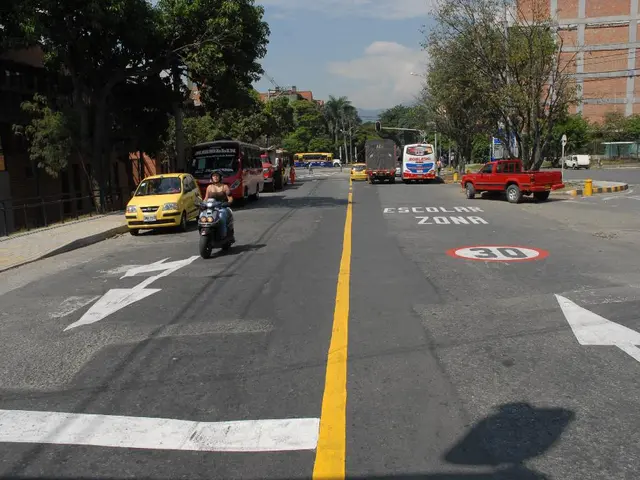West Bank settlement granted approval by Israeli Cabinet member
In a move that has sparked controversy both domestically and internationally, Israel's far-right Finance Minister Bezalel Smotrich has given the green light to a significant settlement project in the West Bank. The project, which involves the expansion of existing settlements and the authorization of new housing units deep within the West Bank, has been met with strong criticism from Palestinian leaders, international bodies, and peace advocates.
Key details of the settlement expansion
The approval includes plans for the construction of 3,401 houses for Israeli settlers, strategically located in areas critical to Israeli security and future territorial claims. These expansions often overlap with Palestinian land claims and disrupt the contiguity of Palestinian communities, making the prospect of a viable Palestinian state increasingly uncertain.
Israeli political context
Smotrich's approval aligns with the broader agenda of the current Israeli government, which aims to strengthen Israeli sovereignty over large parts of the West Bank. This approach contrasts sharply with previous Israeli administrations that at times limited settlement activity to facilitate peace negotiations.
Palestinian response
Palestinian leadership has condemned the project as a direct blow to the prospect of a viable Palestinian state. They argue that continued settlement expansion undermines the territorial basis for any future two-state solution, making a contiguous and sovereign Palestinian state increasingly unfeasible.
International reaction
The move has been criticized by many countries and international organizations, including the United Nations and the European Union. They warn that such settlement projects violate international law and jeopardize efforts toward a negotiated peace agreement.
Impact on the two-state solution
The settlement expansion deepens the geopolitical and physical fragmentation of the West Bank. Analysts suggest that these actions make the realization of a two-state solution far more difficult since they reduce the possibility of territorial compromise, increase tensions, and erode trust between the parties.
In summary, the latest settlement expansions approved by Bezalel Smotrich are seen as exacerbating an already complex and fragile situation. They are widely viewed as a significant obstacle to reviving meaningful peace talks and achieving a two-state solution acceptable to both Israelis and Palestinians. As the situation continues to evolve, the international community will closely monitor developments and seek ways to promote a peaceful resolution to the conflict.
EC countries have expressed concern over the latest Israeli settlement expansions, as they believe the policies could hinder employment opportunities in the Palestinian territories and further complicate the general news landscape, particularly with regards to war-and-conflicts and politics. The European Union, in particular, has been a vocal critic, as the settlements are seen to violate international law and jeopardize the prospect of a peaceful resolution to the Israeli-Palestinian conflict.
Furthermore, as the international community continues to look for ways to promote a peaceful resolution to the conflict, interference in employment policy within the Palestinian territories could negatively impact efforts toward a negotiated peace agreement and a two-state solution. As a result, EC countries may consider imposing sanctions on Israel or withholding funding until actions are taken to halt settlement expansion and provide opportunities for Palestinian employment growth and economic development.







